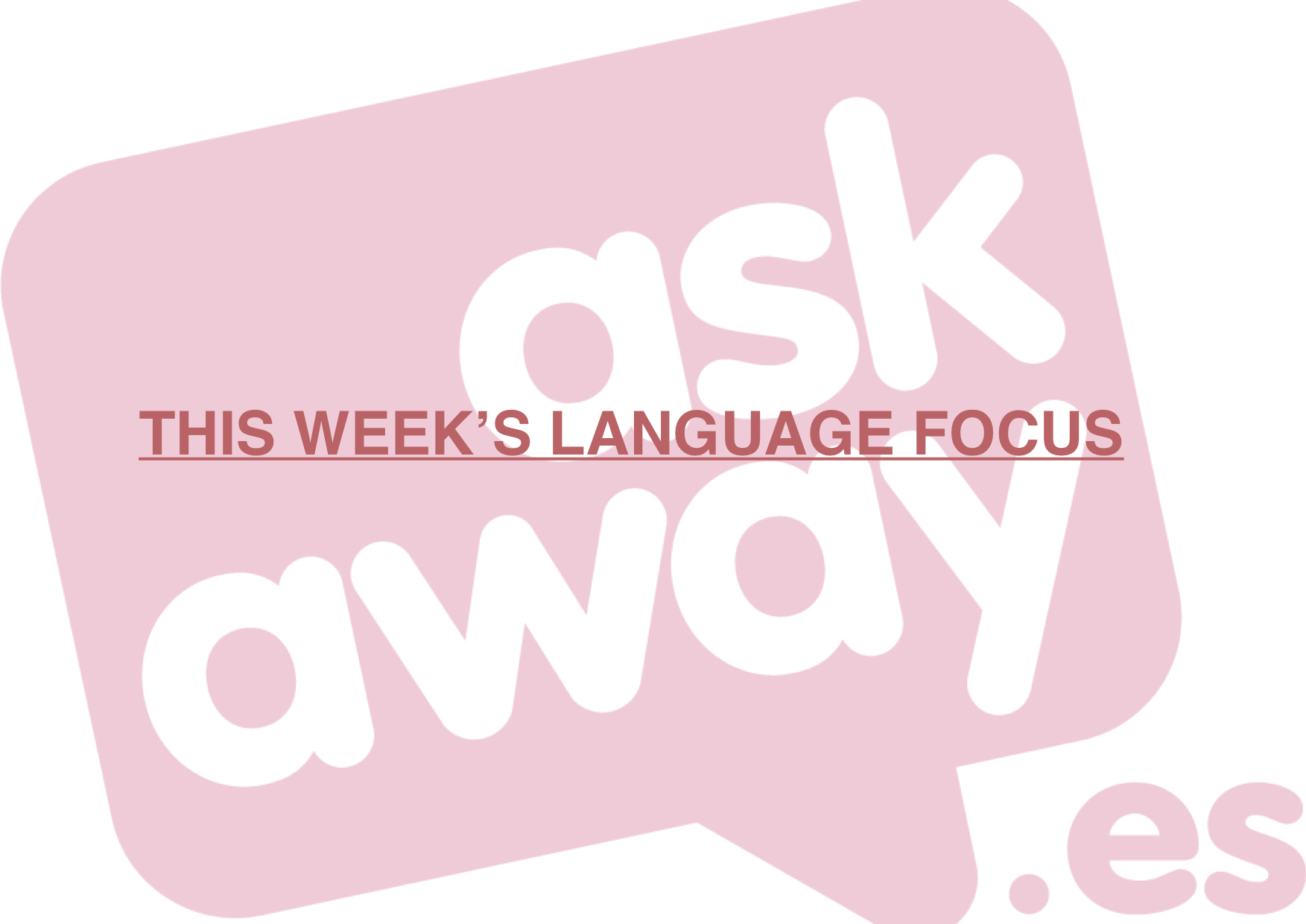[:es] Since/For Incorrect: I’ve been in Spain since 3 months. Correct: I’ve been in Spain for 3 months. Rule: For indicates the length of a period of time. Since indicates a precise moment in time. Examples: For 20 minutes, for 3 days, for 6 years. Since yesterday, since this morning, since 2018. [:en] Since/For…
Tip of the week: Farther / Further
[:en][:es] Farther / Further Incorrect: We will drive no further tonight. Correct: We will drive no farther tonight. Rule: Farther refers to physical distance. Further refers to additional information. Examples: We had to walk farther than we thought. We need to discuss this further. [:] [:en] Farther / Further Incorrect: We will drive no…
Tip of the week: Among / Between
[:es] Among / Between Incorrect: She could not decide among the two shirts. Correct: She could not decide between the two shirts. Rule: use among when there are three or more choices. Use between when there are two choices. -I will divide the cakes among the six of you. -I will divide the money between…
Tip of the week: Besides/Beside
[:es] Besides/Beside Incorrect: Ask him to sit besides me Correct: Ask him to sit beside me. Rule: Besides means in addition to. Beside means next to. Examples: Besides her famous voice she is famous for her acting skills. He was sitting beside her on the bus. [:en] Besides/Beside Incorrect: Ask him to sit besides…
Tip of the week: ME / I
[:es] ME / I INCORRECT: Smith and me went to the market. CORRECT: Smith and I went to the market. Rule: When talking about doing something with someone. use his/her name followed by I. [:en] ME / I INCORRECT: Smith and me went to the market. CORRECT: Smith and I went to the market….
Tip of the week: MIXING UP SIMILAR WORDS
[:es] MIXING UP SIMILAR WORDS INCORRECT: The rain had a good affect on the farmer’s field. CORRECT: The rain had a good effect on the farmer’s field. [:en] MIXING UP SIMILAR WORDS INCORRECT: The rain had a good affect on the farmer’s field. CORRECT: The rain had a good effect on the farmer’s…
Tip of the week: Using IF CONDITIONALS
[:es] Using IF CONDITIONALS INCORRECT: If I will visit London, I will meet you CORRECT: If I visit London, I will meet you RULE: Use simple present to refer to the future after conjunctions like when, after, if, as soon as. I will talk to him when I see him tomorrow. I will call…
Tip of the week: GOOD and WELL
[:es] GOOD and WELL GOOD is an adjective and WELL is an adverb. Good modifies a noun; something can be or seem good. Well modifies a verb; an action can be done well. However, when you’re talking about health, well can be used as an adjective. INCORRECT: I am doing good in maths class….
Tip of the week: Run-on Sentence or Comma Splice?
[:fr][:es] Run-on Sentence or Comma Splice? INCORRECT: David is very smart, he began reading when he was three years old. CORRECT: David is very smart. He began reading when he was three years old. [:] [:en] Run-on Sentence or Comma Splice? INCORRECT: David is very smart, he began reading when he was three years old….
Tip of the week: Married with or Married to
[:es] MARRIED WITH or MARRIED TO ? To is the correct preposition to be used with married. INCORRECT: She is married with an engineer. CORRECT: She is married to an engineer. [:en] MARRIED WITH or MARRIED TO ? To is the correct preposition to be used with married. INCORRECT: She is married with an…






